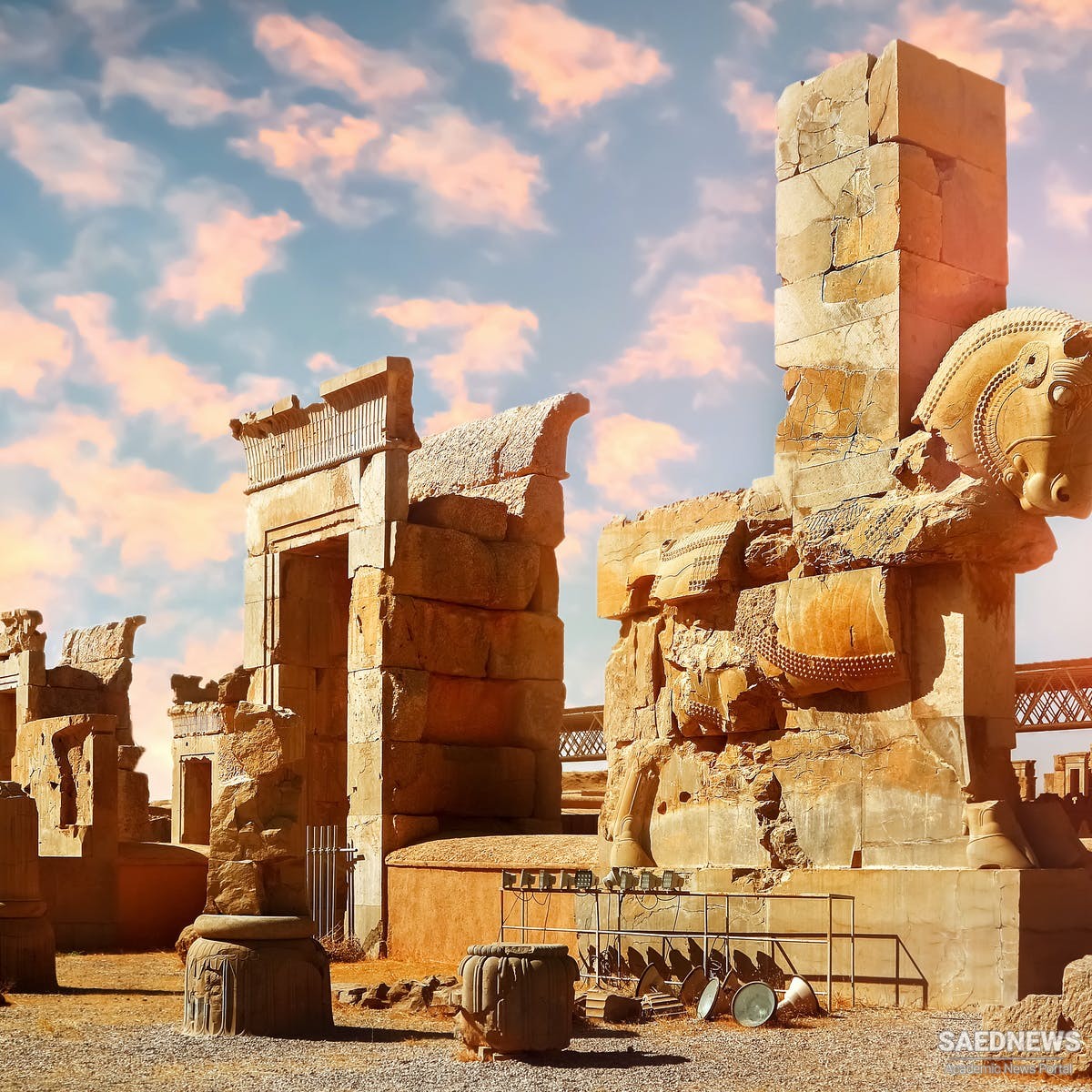Among the details furnished by Herodotus about the Persian religion, note the following, most of which are known from either the Avesta or the later Zoroastrian tradition: Sacrifices must only take place in the presence of a Magus. After the victim had been cut in pieces and the flesh had been boiled it was laid out upon soft grass. A Magus chanted a hymn, which was said to recount the origin of the gods (1.132). The Persians considered it the most disgracing thing in the world to tell lies, the next to owe a debt. They revered the rivers and never polluted them with dirt from their own bodies, including by washing themselves in a river (1.139). The bodies of the dead male were buried only after they had been torn by dogs or birds of prey. The Magi covered the bodies with wax before burying them (1.140). The Magi would kill animals other than dogs and men of all kinds, especially ants and snakes and other flying or creeping things, with their own hands (1.140). Another Classical source is Xanthus of Lydia, who lived slightly before Herodotus and who gives us two important pieces of information: 1. the Persians claimed that it was Zoroaster who had made the rule against burning dead bodies or otherwise defiling the fire; 2. the Magians cohabit with their close female relatives. It is also Xanthus to whom the earliest testimony about the date of Zarathustra is credited. The late writer Diogenes Laertius in his Life of the Philosophers quotes Xanthus as saying that there were 6,000 years between Zoroaster and Xerxes’s Greek expedition, and Hermodorus, of the Platonic school, as stating that Zoroaster the Persian ruled five (or six) thousand years after the capture of Troy.


 Cultural Relevance of Food: Heritage Tourism and Food
Cultural Relevance of Food: Heritage Tourism and Food














































